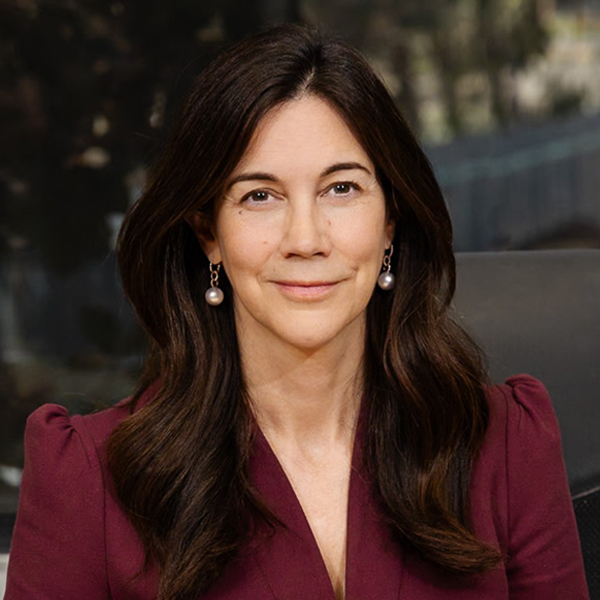

Clare Grieveson leads the Group’s executive team to deliver the organisation’s vision, mission, and values. Clare commenced as Chief Executive Officer at SCC (WA) in November 2021.
Clare has more than 25 years as an experienced senior executive in the health and aged care sectors in both the United Kingdon and Australia. She has worked in senior management roles at Monash Health in Melbourne, and the Victorian Department of Health. Clare is a Board Member of Assisi Aged Care in Victoria. Before her appointment at SCC, Clare held the role of Executive Director Quality, Safety and Innovation at Mercy Health.
Clare has had a close involvement in advisory roles with government on policy issues and changes currently affecting the aged care sector. With a passion for working closely with consumers and health businesses, she was part of the leadership team that developed innovative healthy ageing service offerings at Mercy Health.
Clare has a clinical background in speech pathology and hold a Bachelor of Science with Honours in Speech Sciences from University College London. She also holds a masters degree in Health Services Management from Monash University and has a Graduate Certificate in Leadership and Catholic Culture from Australian Catholic University. Clare is a graduate of the Australian Institute of Company Directors and Australian Institute of Clinical Governance.
Service planning for future aged care demand
Precis
Southern Cross Care (SCC) WA is a purpose-driven, not-for-profit organisation contributing to social, health and economic development in WA, offering a range of services including residential care, home care, dementia care, mental health services, respite care, disability services, ageing in place and Southern Cross Housing.
By 2041, the number of people aged between 80 and 85 yrs, in the planning region examined, is projected to be more than double. SCC sought to supplement this understanding with evidence to support anticipated need for aged and home care services. The objective of this exercise was to empower SCC leaders to make evidence – based business decisions and sound planning choices – all the while ensuring the needs of older people remain central.
Research revealed an urgent need to expand aged care capacity, however in a considered and strategic manner. Importantly, the planning process also mapped these projections against the current distribution of aged care beds across WA.
Johnstaff developed a bespoke and tailored data-driven methodology for predicting future aged care bed demand in WA. The approach was designed from scratch, drawing on a broad range of data sources and our expertise in doing similar work in other jurisdictions. Overlaying the data was a focus on age and functional capacity as the main drivers of demand.
The outcome of the planning exercise has allowed SCC (WA) to see where existing supply aligns with, exceeds, or falls short of forecast demand. As a result, specific geographical areas were identified as having a significant undersupply of beds – combined with strong projected growth in the population for those aged over 80. In contrast, some areas are projected to see a younger population profile over the next two decades with the number of residents aged over 80 yrs is likely to decline.
As such, this detailed, and location specific information has provided SCC (WA) with robust data to make evidence – based business decisions and sound planning choices – with these areas now becoming key priorities for SCC (WA).
Importantly, the research undertaken in partnership has also reinforced the importance of keeping aged care services embedded within local communities. With 80% of Australians preferring to age at home, having residential aged care and home care services close to where people live and thrive in their communities, helps maintain social connections, health and wellbeing and quality of life.